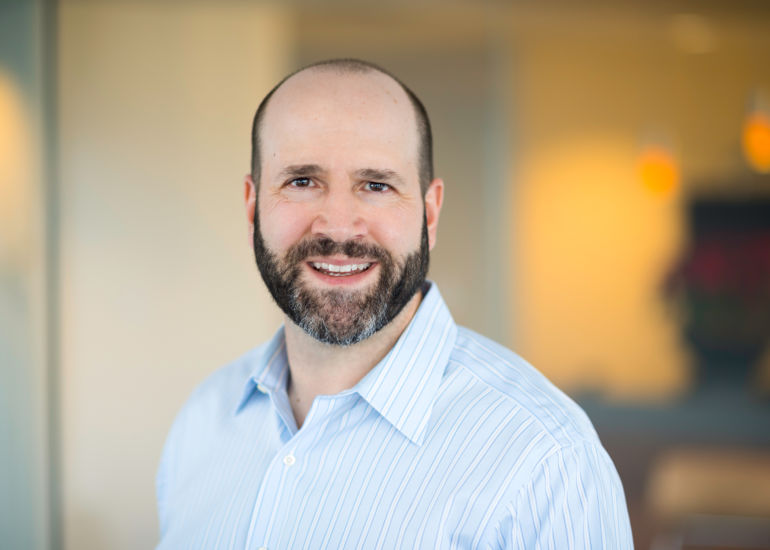
On February 10, 2020, the European Patent Office Opposition Division announced the results of an opposition filed against patent EP2800811, owned by the Regents of University of California, University of Vienna, and Emanuelle Charpentier (collectively, UC/UV/Charpentier), with claims directed to methods and compositions of Cas9 and a single-guide RNA. The decision, which comes after three days of oral proceedings on February 5-February 7, 2020, upheld the patentability of the claims, and required only minor amendments, and the cancellation of two dependent claims. While the European Patent Office (EPO) hasn't yet provided details of their decision, a non-binding opinion of the EP Opposition Board dated, August 30, 2019, found that the patent meets the European Patent Convention (EPC) requirements for novelty, inventive step, and sufficiency, but violated added matter requirements for only some dependent claims. A written decision from the Opposition Division will follow.
An exemplary independent claim approved by the Opposition Division on February 10, 2020, recites:
10. A composition comprising:
- a Cas9 polypeptide, or a polynucleotide encoding said Cas9 polypeptide, and
- a single-molecule DNA-targeting RNA, or a DNA polynucleotide encoding said DNA-targeting RNA, wherein said single-molecule DNA-targeting RNA comprises:
- a DNA-targeting segment comprising a nucleotide sequence that is complementary to a sequence in a target DNA, and
- a protein-binding segment that interacts with said Cas9 polypeptide, wherein the protein-binding segment comprises two complementary stretches of nucleotides that hybridize to form a double stranded RNA (dsRNA) duplex, and wherein said two complementary stretches of nucleotides are covalently linked by intervening nucleotides.
The decision of the Opposition Division further strengthens UC/UV/Charpentier's rights to the foundational CRISPR IP in Europe, and comes on the heels of a recent decision by the European Board of Appeals on January 16, 2020, which upheld the Opposition Division's revocation of the Broad Institute's EP2771468. In the Broad Institute's Opposition proceeding, the issue related to inventor Luciano Marraffini from Rockefeller University who was included as an inventor on the earliest two priority filings, but was left out at the time of conversion. The Opposition Division said the Broad Institute is not considered a proper successor because neither the inventor (Marraffini) nor his institution (Rockefeller University) of the earlier patent application—from which priority was claimed—were named as joint applicants on the later filed patent application ('468). Therefore, the Broad Institute is not entitled to claim the priority dates of December 12, 2012 or January 2, 2013. The decision by the Board of Appeals to uphold the revocation of EP2771468, which the Broad Institute had referred to the issue as a "technicality," potentially puts other Broad foundational CRISPR patents at risk for revocation in Europe.
In the United States, the Broad Institute has initially come out as victorious against UC/UV/Charpentier in which the Court of Appeals for the Federal Circuit upheld the Patent Trial and Appeal Board (PTAB) decision of "No Interference-In-Fact" in which the original UC/UV/Charpentier claims recite Cas9 in a generic environment, and the Broad Institute claims recite Cas9 in eukaryotes. However, the situation in the United States has yet to be fully resolved because the PTAB has declared a new interference on June 24, 2019, which is ongoing.
For further information about the ongoing CRISPR patent disputes in the United States and Europe between UC/UV/Charpentier and the Broad Institute, please contact any member of Wilson Sonsini's patents and innovations practice.
Maya Skubatch, Lou Lieto, Laurie K. McNamara, and Rachna Ujwal of Wilson Sonsini's patents and innovations practice contributed to the preparation of this Wilson Sonsini Alert.
Contributors
- Privacy Policy
- Terms of Use
- Accessibility



